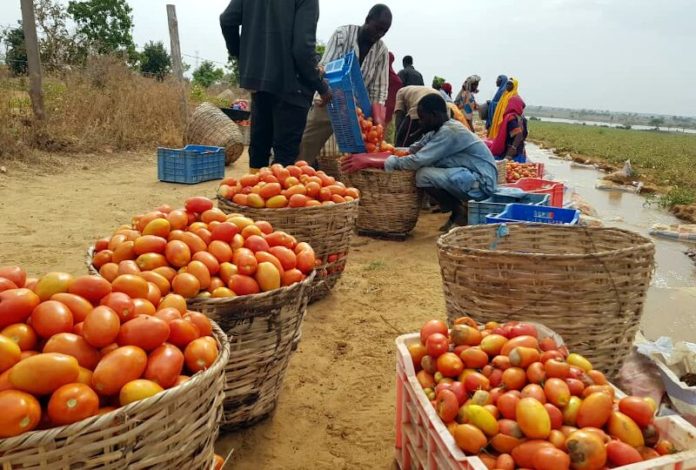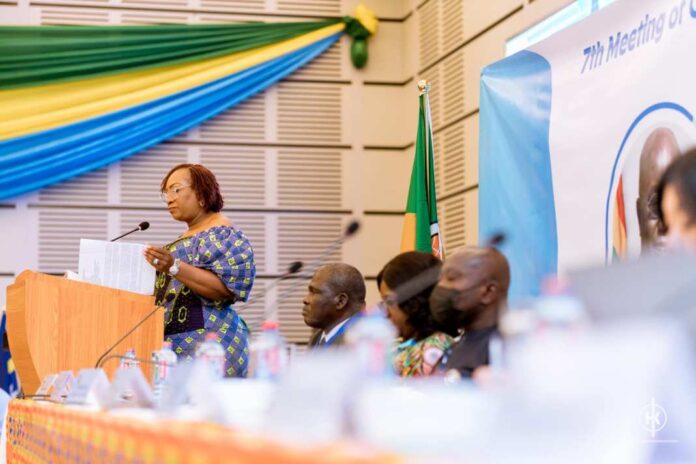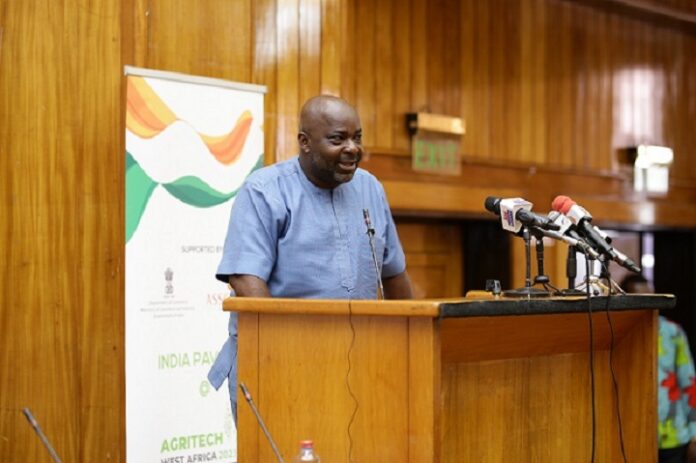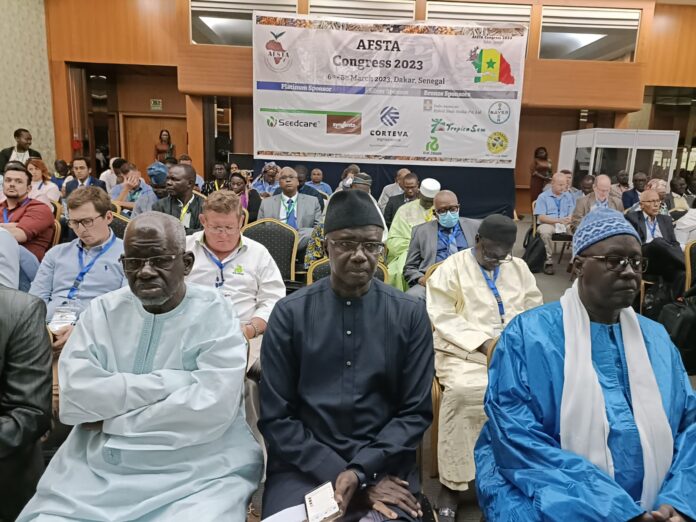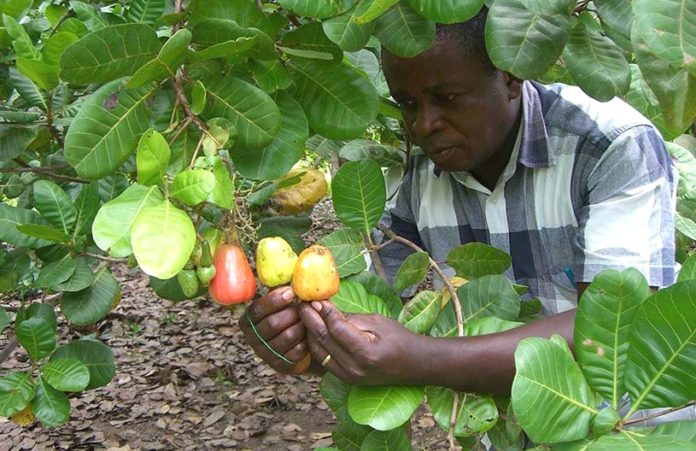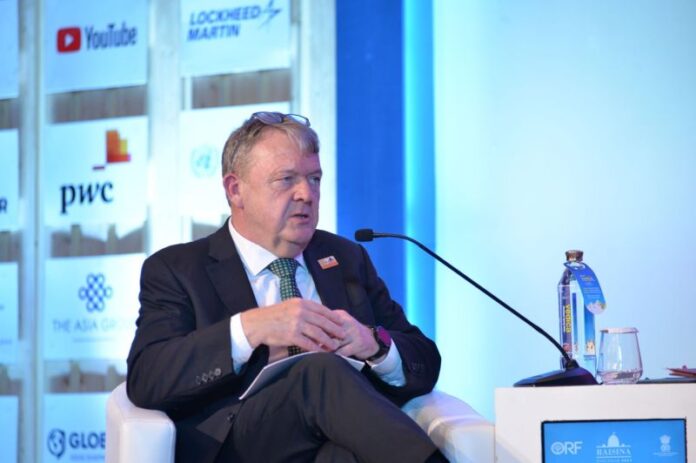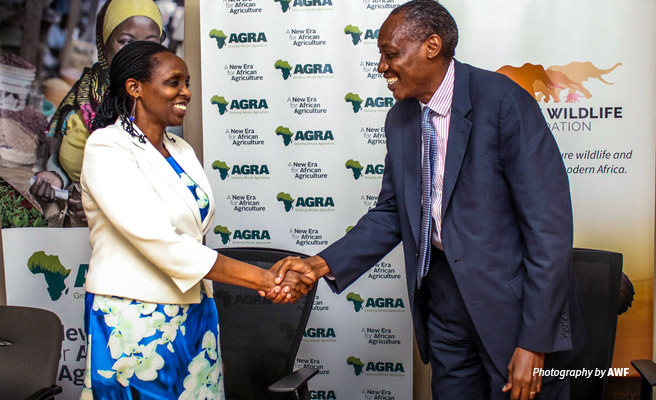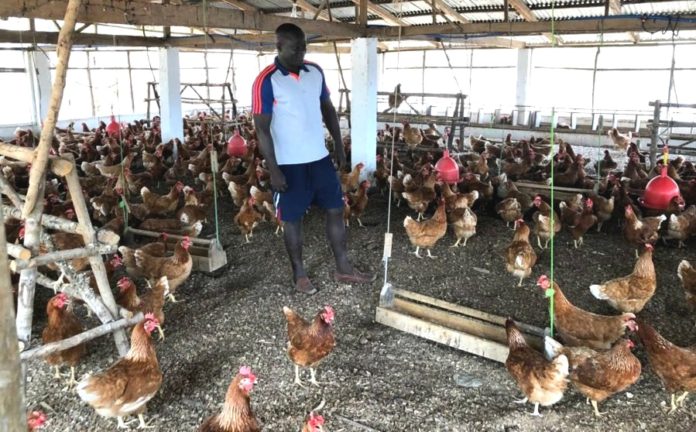GB Foods, the company behind the popular Gino brand, has announced plans to invest US$70million into tomato production and processing in a major boost for tomato production in the country.
The project involves establishing two industrial farms, each spanning approximately 5000 hectares, accompanied by a factory to process fresh produce. The goal is to help the country achieve self-sufficiency in tomato production and become an export hub for not only the Economic Community of West African States (ECOWAS), but also the entire African continent.
GB Foods’ Corporate Affairs Director, Dr. Teddy Ngu, said the project is expected to create about 5000 direct jobs, in addition to indirect jobs. “We are enthusiastic about making a significant impact in Ghana and beyond.”
He said the company is currently in the process of identifying suitable lands in Accra Plains, Afram Plains and Bui Plains – where soil, hydrology and topographic tests will be conducted to ensure the veracity of the land.
This is being done in collaboration with the Ministry of Food and Agriculture, Ministry of Trade, and other agencies like Ghana Irrigation Development Authority (GIDA).
“Once the tests are completed, the team will move to the next phase, which involves conducting agronomic trials to determine the suitable seed for the full-scale project,” Dr. Ngu added.
The company expects to conduct the seed trials this year and receive the results by March or April of next year.
“If the land is identified this year, the full-scale project will commence in the 2024-25 season. The project will require factories that can process at least 1500 metric tonnes of fresh tomatoes per day, with an estimated combined processing capacity of 3000 metric tonnes of fresh tomatoes per day,” Dr. Ngu stated.
GB Foods Supply Chain Director for Africa, Chattopadhyay Rajib, said the factory boasts a total capacity of approximately 250,000 metric tonnes of tomatoes. Currently, the company produces around 350 tonnes per day and plans to invest US$2million each year in capital expenditure to expand its facility to meet consumer demand.
In all, he added that an estimated US$40million has been invested in the factory so far.
Meanwhile, the company plans to install a solar panel to power the factory to replace 30 percent of its energy requirements. The solar panel project has been approved and will cost approximately US$2million, he added.
This project is scheduled to be operational by the end of 2023.
“In terms of cost savings, it’s not an overnight process; but as we progressively cultivate and reach full capacity, we won’t need to import anymore. This will lead to improved production economics, cheaper rates, and a reduction in cost which we can pass on to consumers,” Mr. Rajib said.
The company already exports its products to economies within ECOWAS, with plans to expand to other African countries, such as Guinea Conakry and Rwanda.
GB Foods aims to leverage the Africa Continental Free Trade Agreement and the ECOWAS Trade Liberalisation Scheme to manufacture and distribute its products across borders.
Dr. Teddy Ngu added that: “We are excited to work with the Ghanaian Government and trade officials to make this a reality. Our vision is for Ghana to become an export hub and a food basket for not only ECOWAS, but also for the entire African continent”.
The backward integration project, a form of vertical integration in which a company expands its role to fulfil tasks formerly completed by businesses up the supply chain, for tomato production in Ghana is a significant step toward achieving food security in the region.
The investment, therefore, demonstrates GB Foods’ commitment to supporting local farmers and promoting sustainable agriculture practices in the country.
The company has a presence in Europe and Africa, operating in approximately 30 European countries and almost 24 African countries.
Globally, its turnover is around €1.5billion, and in Africa, the company has independent businesses in Nigeria, Ghana, Algeria, Western Francophone and Central East Africa.In Ghana, GB Foods’ business is almost worth GH¢1billion, with its tomato mix products being market leaders.
“Our factory and head office, combined, employ almost 1000 people, making us a reasonably large organisation in Ghana. We are ambitious to support Ghana by creating jobs, reducing the demand for scarce foreign exchange, and becoming an export hub for our products. Our brands are well-known across different parts of the country, including Gino rice, Ginomax seasoning tablet, and baked beans,” David Kofi Afflu, General Manager of GB Foods Ghana, said.

